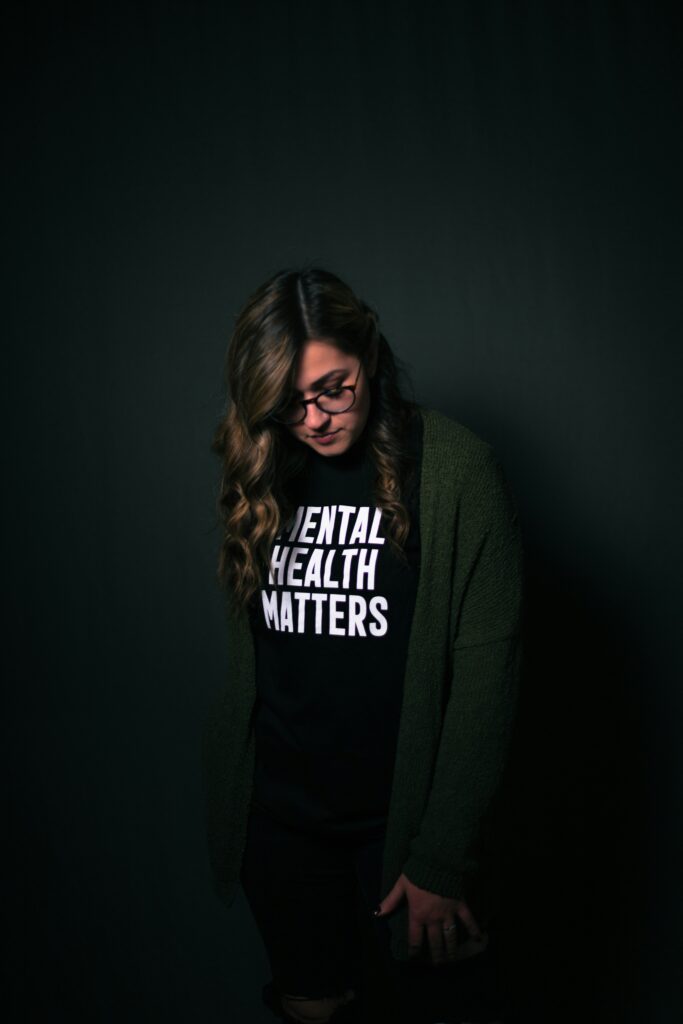
Understanding Mental Health: Recognition, Importance, and Action During Mental Health Awareness Month
May is Mental Health Awareness Month, a time dedicated to raising awareness about the importance of mental health and to breaking down the stigma associated with mental health conditions. At United Providers of Health (UPOH), we believe that comprehensive health care extends beyond physical well-being and includes deep attention to mental health. By understanding the complex interplay between social determinants of health and mental health, we can better support holistic wellness approaches for everyone.
The Impact of Mental Health
Mental health includes our emotional, psychological, and social well-being. It affects how we think, feel, and act. It also helps determine how we handle stress, relate to others, and make choices. At any stage of life, from childhood and adolescence through adulthood, mental health plays a crucial role in our relationships, personal and emotional well-being, and overall health.
Mental health disorders can range from common conditions like depression and anxiety to more severe forms of mental health issues such as schizophrenia or bipolar disorder. Despite their prevalence, these conditions are often surrounded by misunderstanding and stigma, which can lead to significant delays in seeking help.
Social Determinants and Mental Health
The link between social determinants of health and mental health is undeniable. Social determinants of health, as detailed on our UPOH page (Social Determinants of Health), refer to the conditions in the environments where people are born, live, learn, work, play, and age that affect a wide range of health and quality-of-life outcomes and risks.
Factors such as socioeconomic status, education, neighborhood and physical environment, employment, and social support networks, as well as access to health care, can significantly impact mental health outcomes. For example, people living in poverty or in areas with high violence exposure are at greater risk for mental health disorders. Furthermore, limited access to nutritious food, unstable housing, and lack of supportive social networks can exacerbate mental health issues, making recovery more challenging.
Taking Action: Steps to Seek Help

- Recognize the Signs: The first step in seeking help is recognizing the signs of mental distress. Symptoms can vary widely but may include prolonged sadness, excessive fears or worries, extreme feelings of guilt, mood swings, withdrawal from friends and activities, and significant tiredness or low energy.
- Consult a Professional: If you or someone you know is experiencing these symptoms, it’s crucial to consult a healthcare provider. Mental health professionals can offer diagnoses and tailor treatment plans that may include therapy, medication, or other supports.
- Utilize Resources: Reach out to resources like the National Mental Health Hotline (1-800-662-HELP) for immediate assistance or more information on local mental health services.
- Educate Yourself and Others: Education is a powerful tool in breaking down the stigma associated with mental health. Learn more about mental health conditions and share this knowledge to help normalize these conversations.
- Support System: Building a strong support system of family, friends, and community can provide emotional support and decrease isolation, which is particularly important for those struggling with mental health issues.
- Leverage Community Resources: Engage with community resources and programs that address social determinants impacting mental health. This may involve participating in community advocacy, utilizing local mental health services, and supporting initiatives that promote social equality and improve living conditions.
Mental Health Awareness Month is an opportunity to reflect on the importance of mental health, educate ourselves and others, and take actionable steps toward a healthier community. At United Providers of Health, we are committed to integrating the understanding of social determinants into our mental health strategies, ensuring that all individuals have access to the comprehensive resources they need to live healthy, fulfilled lives.
Remember, mental health is just as important as physical health, and seeking help is a sign of strength. If you or someone you know is struggling, do not hesitate to reach out for support. Together, we can build a healthier, more compassionate world.
Feel free to visit United Providers of Health for health related blogs!
Also, take some time to answer a quick survey about Social Determinants of Health!
